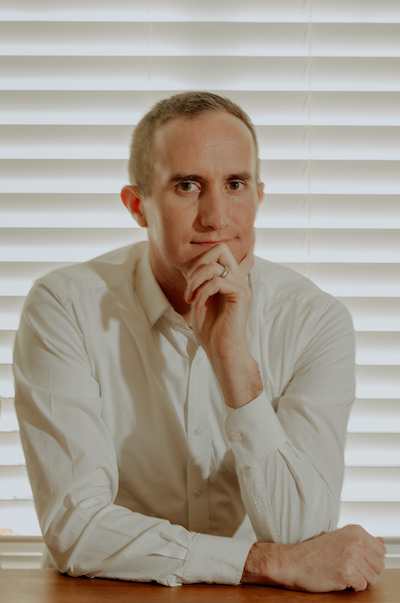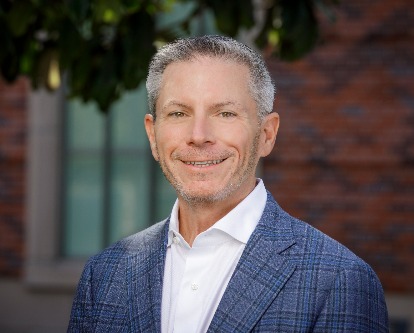
Morgan Housel ’08, best-selling author of “The Psychology of Money,” gave the keynote speech at the Financial Literacy Festival, held on McCarthy Quad Tuesday, April 5, 2022. In his writing, Housel examines how people think about their money through the lens of psychology, sociology, political science, and history.
“It’s not where the stock market is going next, and it’s not even about how to invest your money,” he said. “It’s about how people think about greed and fear and risk and opportunity, how you can use money to be happier in life, what do you think about your social aspiration, all those kinds of topics interest me.”
His book has sold more than one million copies. And over the course of his nearly 15-year career, he’s made some strong observations. Key among them: Whether you’re interested in money or not, money will impact your life. So it’s a good idea to have some education on the topic.
Here are his top three tips for soon-to-be-graduates:
- “If you’re graduating and you’re in your 20s you have a financial asset that the most professional investor/billionaire would dream of: you have decades of time in front of you to invest and compound your money. Most people in their 20s don’t have a lot of money, but they have so much time to invest and let their money work for them over a long period of time. That is going to make the biggest difference to your finances over time. You have a financial asset today that is invaluable.”
- “Good investing is not about making great decisions; it’s about consistently not screwing up. It’s not about being the smartest person in the world; it’s not about making the next great move; it’s about consistently being pretty good and not making catastrophic errors. I think that makes investing quite a bit easier. It’s intimidating if you think you need to be a genius and make a great move. It’s much more accessible if you think that all you need to do to do well is avoid the mistakes over time.”
- “No matter what you do for a living, what your major is, what you’re interested in in life, money is going to impact you. The only other thing in life that is like that is health. It doesn’t matter if you’re interested in health or money, health and money are interested in you. So, I think everyone has an obligation to have some sort of financial education, even if you’re not interested. You can go through life just fine if you don’t know a lot about chemistry, geology, or physics. You cannot do okay in life if you don’t know a lot about health and money. It’s one of the two topics that impacts everybody.”




